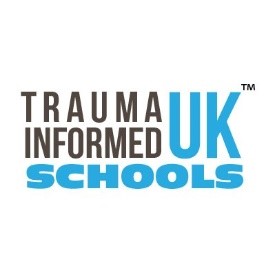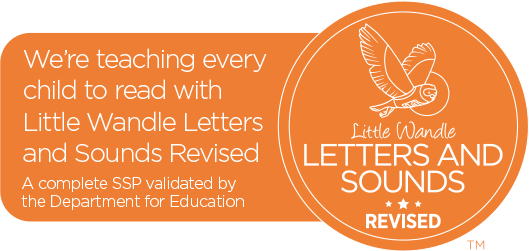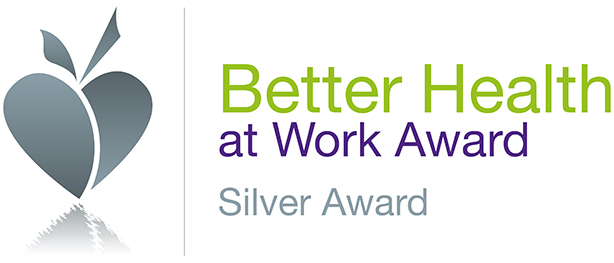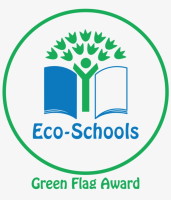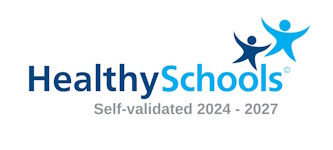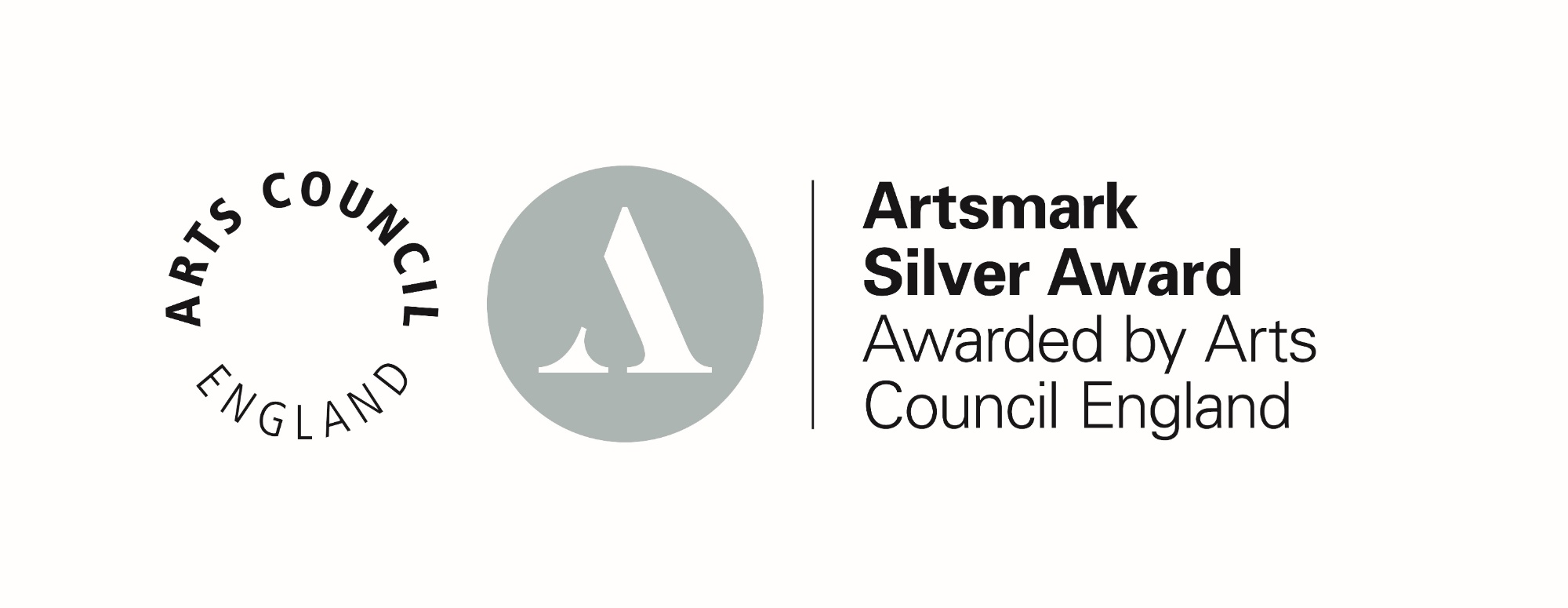EYFS
We are
“Learning to play and playing to learn” as we begin our school journey
The Early Years Foundation Stage (EYFS) is the vitally important first stage of the National Curriculum focusing on the distinct needs of children aged birth to the end of the Reception year. However, at Doubletrees we extend this through to Key Stage 1 as this best meets the diverse and complex developmental needs of our learners.
The EYFS pathway is for our youngest learners and centres around the specific needs of each child and their pre-requisites for effective learning – therefore laying the foundations for skills which they will need throughout their school journey. We respect that many of our learners typically experience a range of unique challenges that can present barriers to their learning. Therefore our intent is to provide a broad, balanced and fully inclusive curriculum which addresses these barriers to ensure that children can flourish within a safe and stimulating environment.
The beginning of their school journey at Doubletrees will support the children to interpret their environment, learn to make choices for themselves & grow in confidence & understanding of personal & social skills & interactions. Every child is given the opportunity to succeed and develop at their own individual pace, ready for the curriculum pathway they will follow after leaving the Early Years Class.
Parent Partnership - The curriculum ‘goes home’ with learners through home school books, shared audio and photo files. Families are given the opportunity to share in both school-based experiences and to develop and reinforce learning at home with multi-professional support.
How is EYFS framework adapted and implemented?
As most learners who first come to the Early Years are developing within the informal level - preparation/readiness for learning - the curriculum stems entirely from the 3 PRIME areas of learning:

- Personal, Social and Emotional Development
- Communication and Language
- Physical Development

The 4 SPECIFIC areas of learning are taught incidentally through an embedded early year’s curriculum known as ‘continuous play’ through sand, water, messy play…which develops to encompass the specific areas within further focused sessions and activities
- Early Mathematics
- Understanding the World
- Expressive Arts and Design
- Literacy

To further support children within our setting the curriculum is broken down into much more personalised small steps and delivered through a multi-sensory approach, adapted by the Teacher. Here learning is both meaningful and interactive, influenced by the integration of all the senses. We also recognise that young children are active learners & learn through their exploration, investigation, experimentation, listening & watching so there is a balance of child and adult initiated activities. All areas overlap and complement each other, and there is rarely just one learning outcome when learning through play. As a result, this means we are not led by set timetables or discrete lessons, but by what each learner needs and wants to learn at that specific time and can often be referred to as ‘in the moment learning’ . Timetables are used ‘loosely’ to support the organisation of the day, rather than as a rigid plan for the day. Within our EYFS/KS1 provision we seek to enhance our curriculum with quality outdoor provision.
Learning for the majority of our pupils will also be linked to the Levels of Engagement developed from the Rochford Review
What does all of this do?
At Doubletrees our values underpin our practice. We believe that quality early years care and education is about developing strong, curious, confident children. It is about extending their enjoyment, fascination and wonder of the world around them and about developing total communication, concentration and involvement. As a child learns across a range of contexts they will develop physically, emotionally, socially, and spiritually.
Learners leaving the EYFS phase have a greater sense of self, increased independence and a strategy for communication. They are well prepared for the next stage of their learning pathway.


